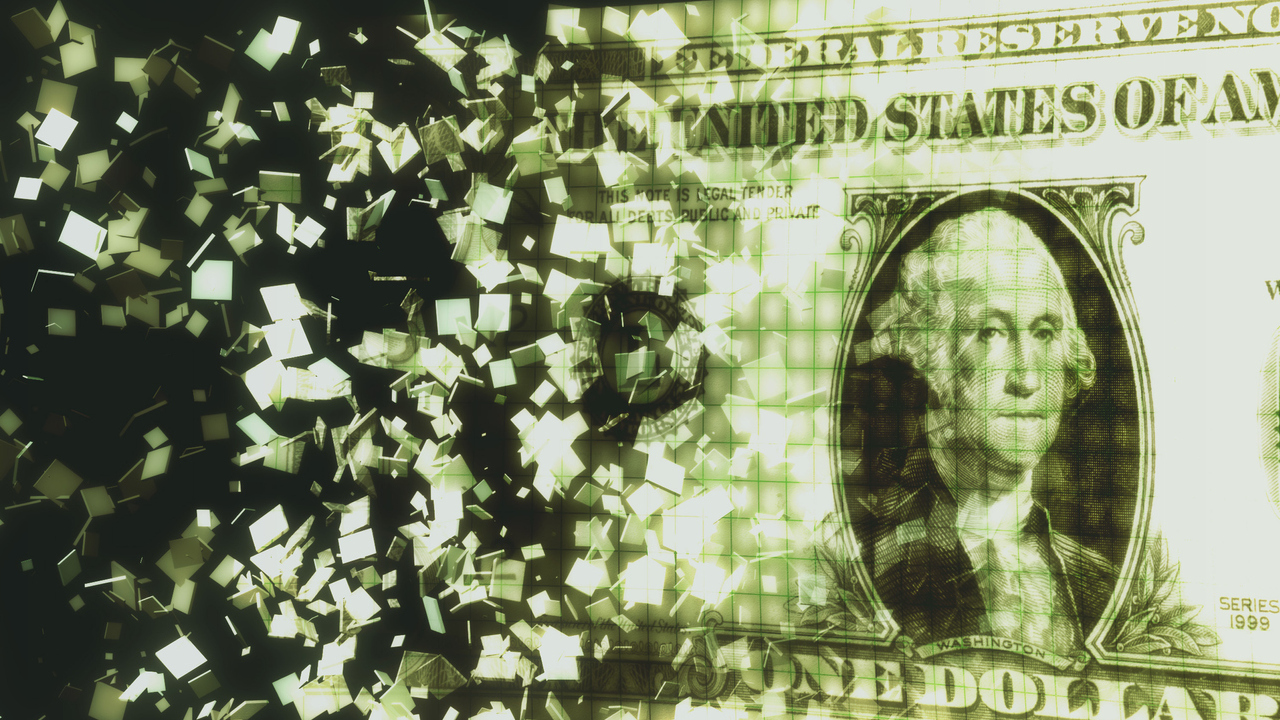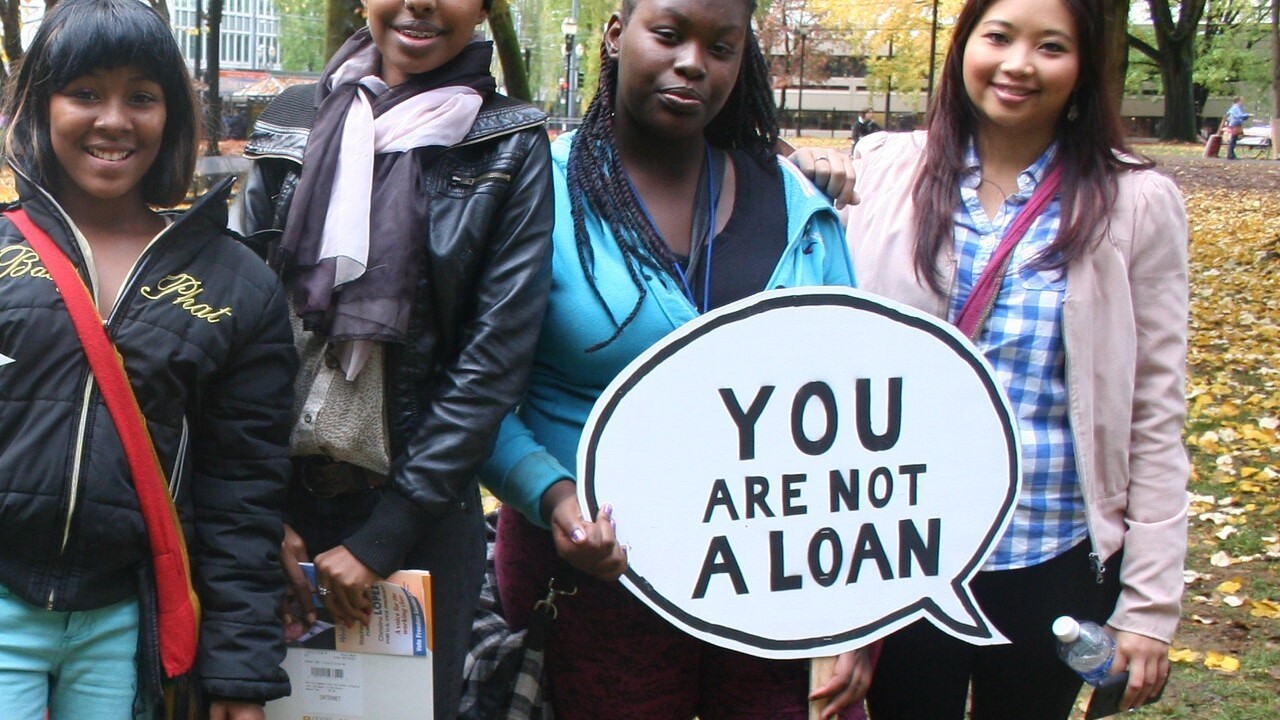The U.S. Treasury and the Federal Reserve are examining the idea of a digital dollar. A digital currency would offer new tool for stabilizing the economy but pose threats to privacy and freedom.
To consider a digital currency, let’s start with the contributions of money. Money functions as a medium of exchange, or way to carry out trade. Money reduces transaction costs, which are the costs of organizing and carrying out production and trade. Reduced transaction costs over time represents an important source of modern prosperity.
Cash, including the current dollar, allows decentralized exchange. If you find someone willing to sell you something for $100 cash, the purchase can happen without assistance or permission from a bank or government bureaucrat. Yet cash has some costs as well, like the potential to be easily stolen.
Over 60 countries are exploring some form of Central Bank Digital Currency (CBDC). China has already introduced a digital yuan. A fully digitized currency would eliminate cash. Proponents point to reduced transaction costs and a new monetary policy tool. International competition provides another motive; the first successful digital currency could supplant the dollar as the world’s reserve currency. The dollar is currently used for nearly 90 percent of international settlements, helping to boost its value and keep interest rates low.
The benefits of a digital dollar seem exaggerated. Electronic banking already exists, eliminating trips to the bank to withdraw or deposit cash. We have cryptocurrencies like Bitcoin and stablecoins, or cryptocurrencies linked to reserve assets like the dollar or gold. The international reserve status of the dollar benefits policymakers more than average Americans. Interest on our $31 trillion national debt could easily wreck to Federal budget, depriving Washington of funds for pet projects.
A digital dollar’s threats to privacy and freedom are real. First, the government could easily block transactions. This already happens as government pressure has led banks and PayPal to cancel accounts. The Canadian government blocked funding for the Freedom Convoy truckers. A CBDC empowers government micromanagement of our transactions.
Second, digital dollars could have expiration dates or automatically lose value. This undermines money’s ability to serve as a store of value, or let people hold onto purchasing power. Non-counterfeit money represents unconsumed production, the accumulated pay you never spent. It should not expire, ever.
Automatically shrinking dollars enables negative nominal interest rates. The nominal interest rate is the contracted rate on a loan or bank account; by contrast, the real interest rate adjusts for inflation. The real rate is the nominal rate minus the inflation rate.
Cash prevents nominal rates from going negative; people can put dollars into mattresses or safe deposit boxes at a zero interest rate. A bank account taking away 5 percent of the balance annually will attract few deposits.
Monetary policy stimulates the economy primarily through lower interest rates, which increase borrowing and then spending. During and after the Great Recession, both nominal interest rates and inflation were close to zero. The Fed could not use monetary policy to boost the economy, arguably contributing to a slow recovery.
Not all macroeconomists believe that the Fed can manage the business cycle through monetary policy. Some even believe that the Fed worsens business cycles. The benefit of adding negative nominal interest rates to the arsenal is likely modest.
Americans and not the Washington elite should decide on a digital dollar. Governments across the globe control money today but did not invent it. Money evolved spontaneously in markets as people realized that using rocks, precious metals, or whatever to buy and sell made life easier. Money is a tool of peaceful cooperation between people of goodwill, not a means of government oppression.
A digital dollar might be confused with cryptocurrencies like Bitcoin. Yet Bitcoin was explicitly designed to provide an alternative to government money. Instead of enabling people to take money back from government, a digital dollar offers new threats to privacy and freedom.





